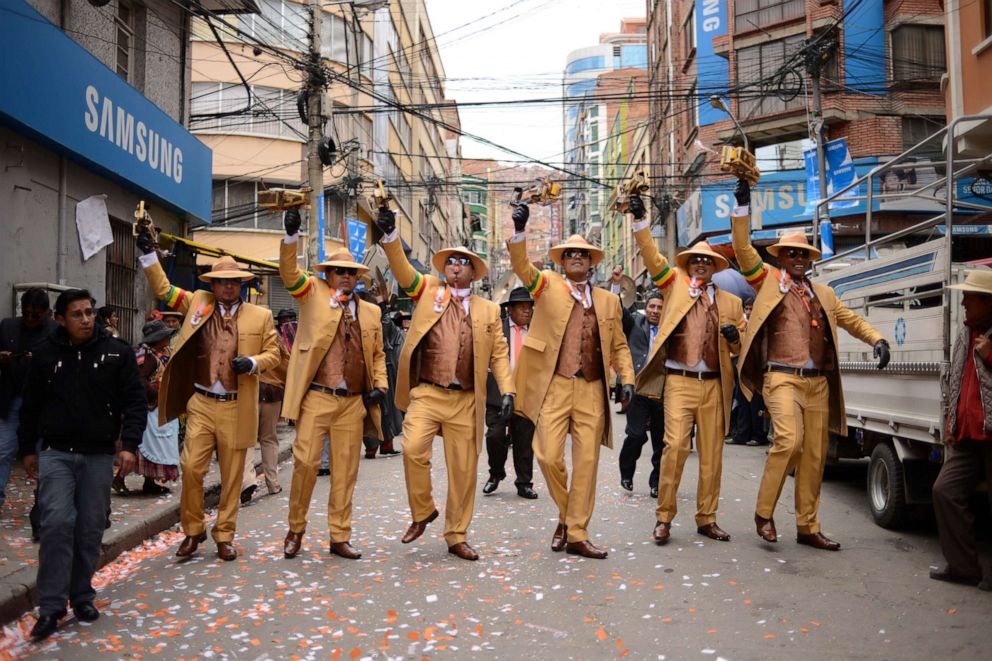Bolivia's Aymara torn over their man Evo as he clings to power
Morales has helped lift many out of poverty since he came to office.
Bolivian leader Evo Morales came to power in 2006 with a pledge to champion marginalized indigenous groups including his own important Andean tribe the Aymara, which helped carry him to the presidency.
Morales, often known simply as "Evo," has helped lift many out of poverty since he came to office, and even changed the country's name to the Plurinational State of Bolivia to honor its diverse ethnic groups long treated as second-class citizens.
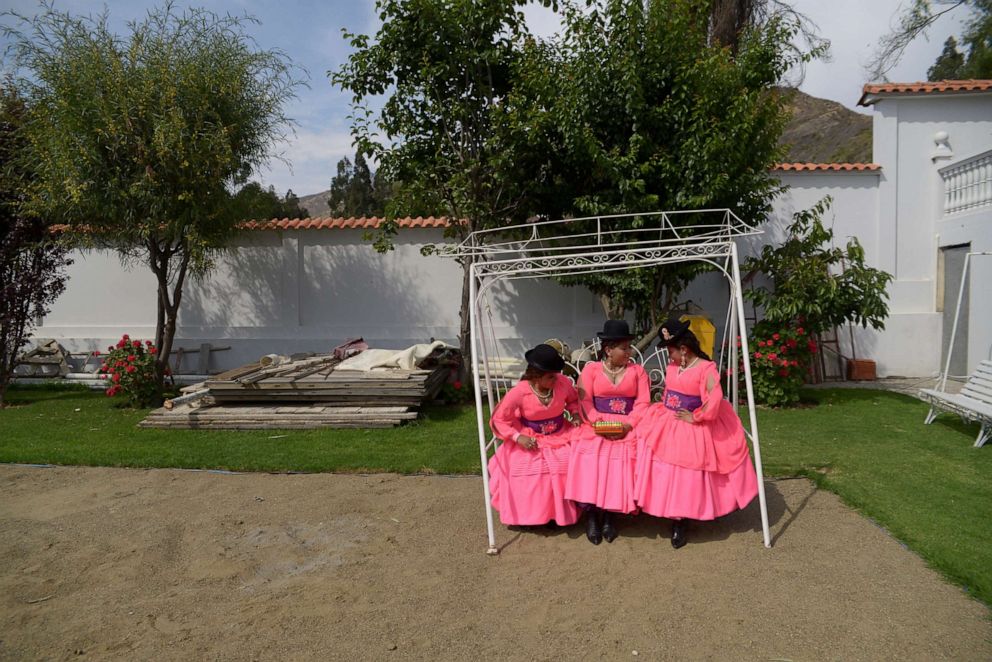
But the left-leaning former coca farmer has faced a rising tide of dissatisfaction, even among the indigenous groups he has most visibly supported, as he bids for an unprecedented and contentious fourth term in elections on Sunday.
Most polls show his main rival, Carlos Mesa, closing the gap on Morales, posing the fiercest electoral challenge yet to Latin America's longest continuous standing leader.
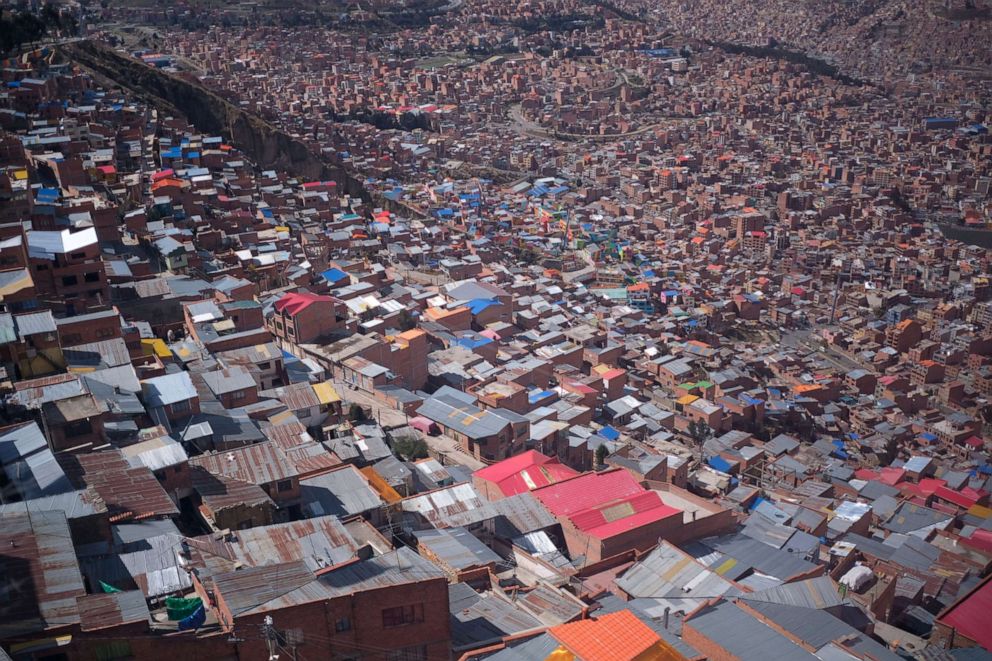
Morales, often seen clad in colorfully embroidered alpaca wool suits, is counting on the backing of Bolivia's more than 4 million indigenous people as he looks to extend his presidency to a potential 19 years -- in defiance of term limits and a local referendum in 2016 that voted against him running.
However, many of the Aymara are split over Morales. Allegations of cronyism and lavish projects -- including a $34 million, 28-floor presidential palace in La Paz -- have created a sense of unease about him losing touch with the working people.
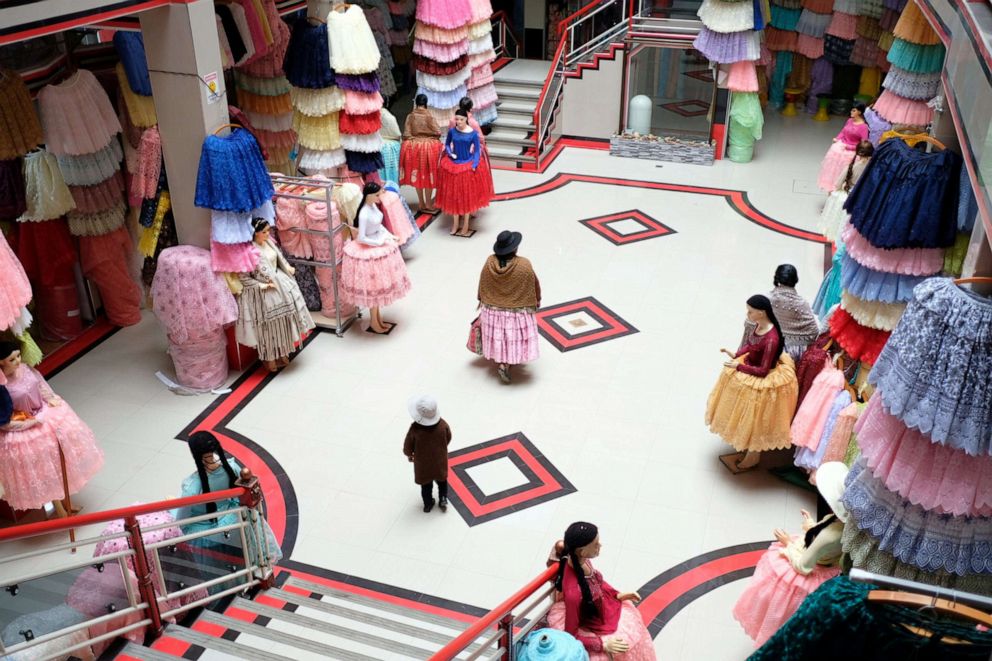
"Indigenous ideologies haven't really been translated to politics," said Yolanda Mamani, 34, an Aymara radio presenter with a popular show "Big Mouth Chola," a reference to the indigenous women often clad in iconic wide dresses and bowler hats who have gained more prominence under Morales.
Mamani, who was born in the region around high-altitude Lake Titicaca and migrated to the city of El Alto near capital La Paz when she was 9 years old, said she felt the president's image was more an act than real substance.
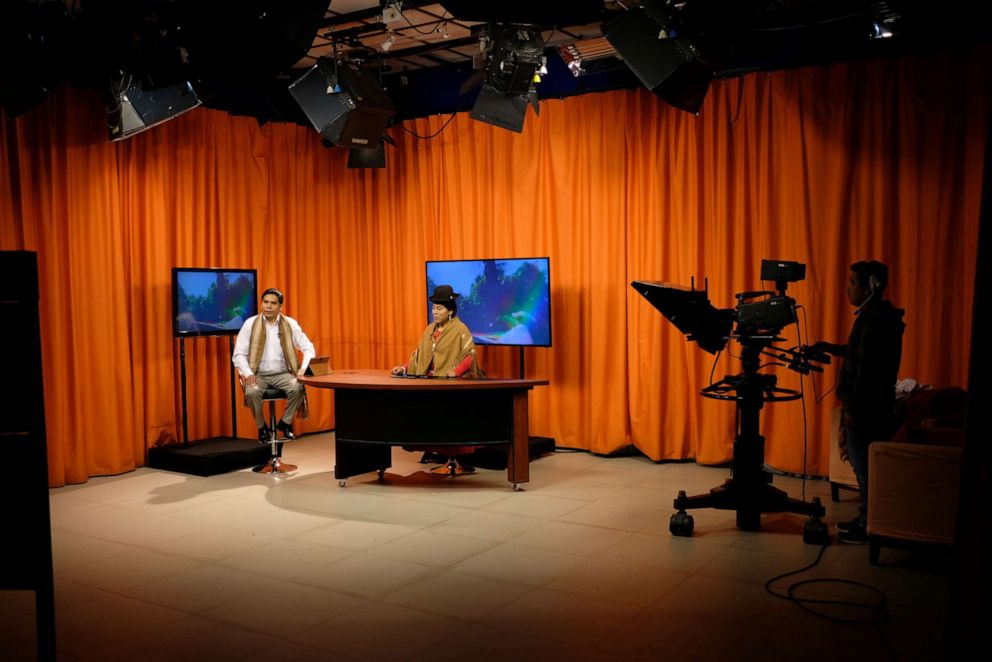
"It's like a fashion show of folklore, as if the indigenous were just clothing," she said
Sonia Quispe, 27, a media producer who speaks and writes Aymara dialect, said she felt differently.
"In these 13 years of Evo Morales government I believe the most humble people have benefited, the farmers that live off the land," she said, adding that while Morales wasn't perfect, only he could keep driving the process of change in the country.
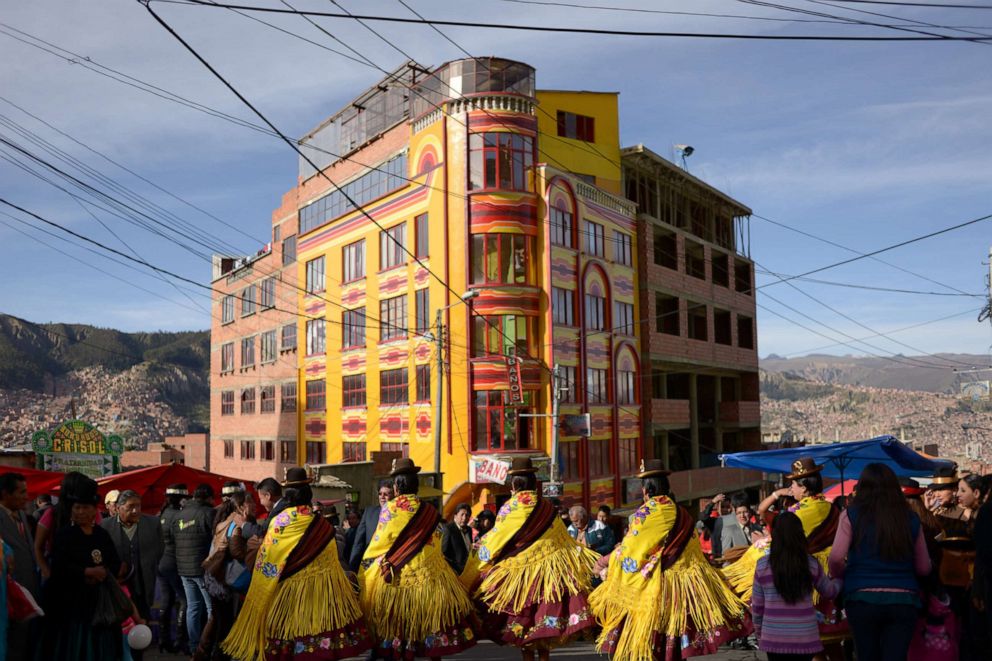
"There are many problems and issues to be fixed but I believe in him," she said.
One recent issue that has hurt Morales has been forest fires that raged though the farm-belt region of Santa Cruz. Morales closed his election campaign out there on Tuesday, and violent clashes broke out between protesters and police.
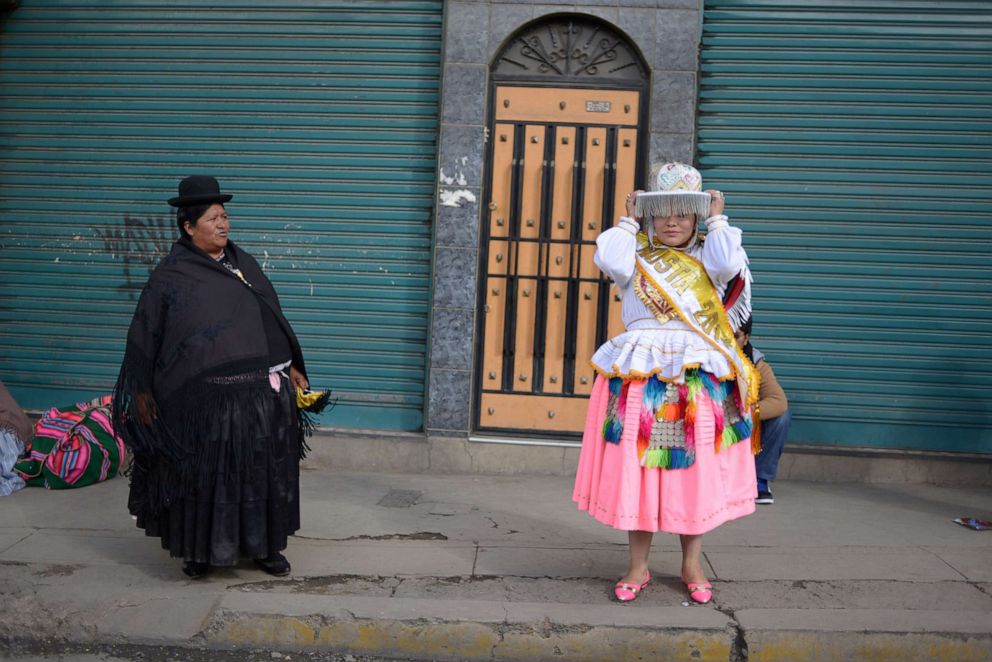
In her La Paz office, lawmaker Mercedes Marquez spoke highly of Morales despite some of the headwinds he has faced. She said he had championed the rights of indigenous people after years of repression and humiliation.
The 60-year-old member of Congress, who worked as a seamstress and trader before getting into politics, pointed to steady economic growth under Morales, one of the most reliable in a volatile region, helped by a natural resource boom.
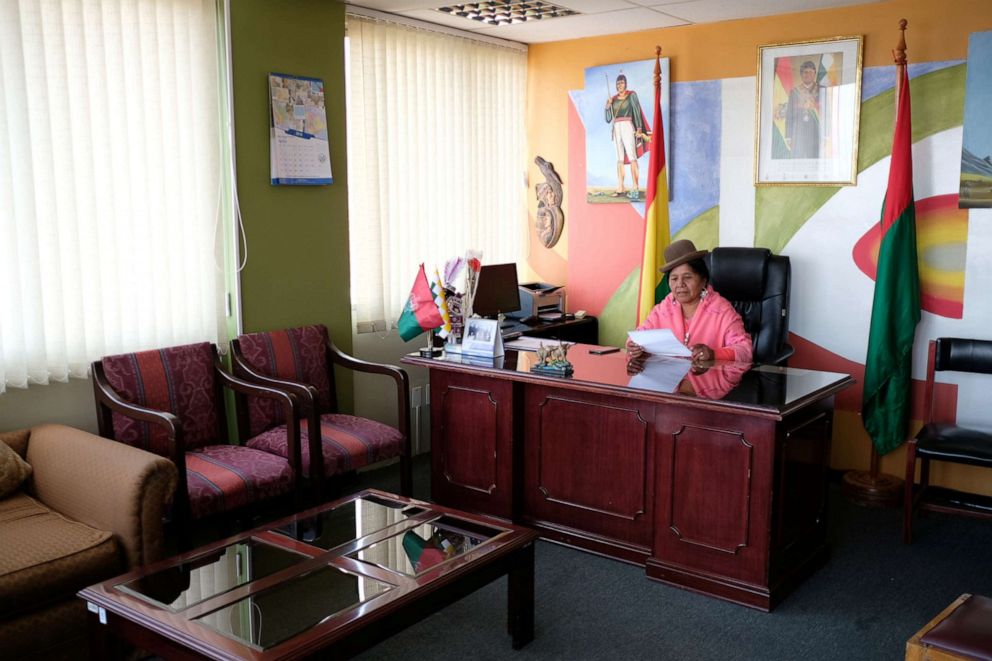
"We have gas at home, modern educational units, paved streets, football pitches, aid for children, adults and mothers, a new health care system, zero illiteracy, a fight against poverty, cable cars and modern markets," she said.
"I support the reelection of Evo Morales and (vice president) Álvaro García Linera. If not them, then whom?"
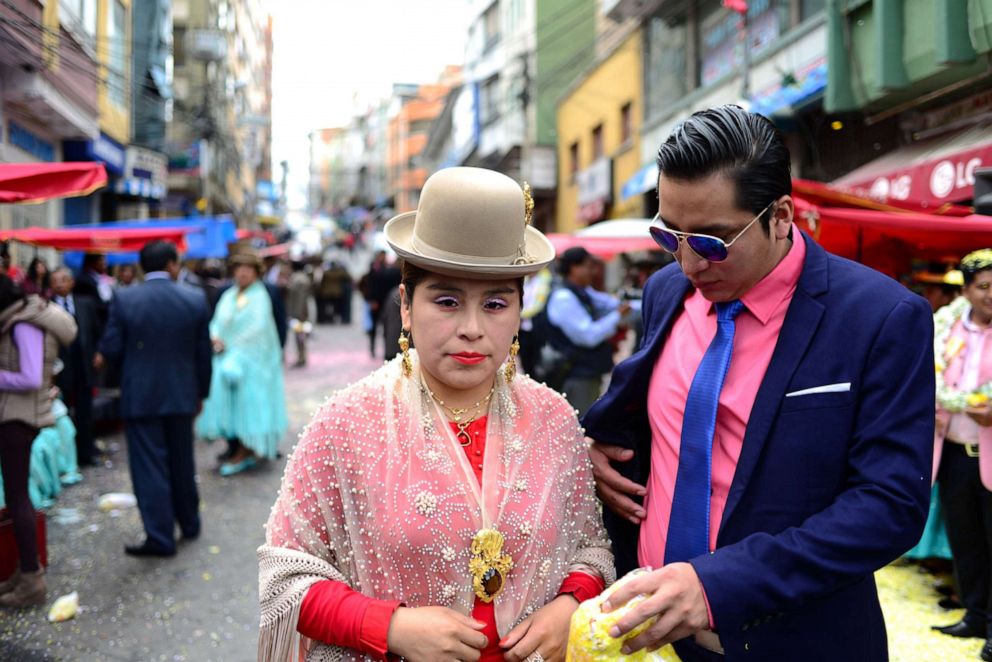
In his colorful events salon, venues locally known as "cholet," Jhonny Segales, said the success of most Aymara people was down to hard work and not any help they got from Morales.
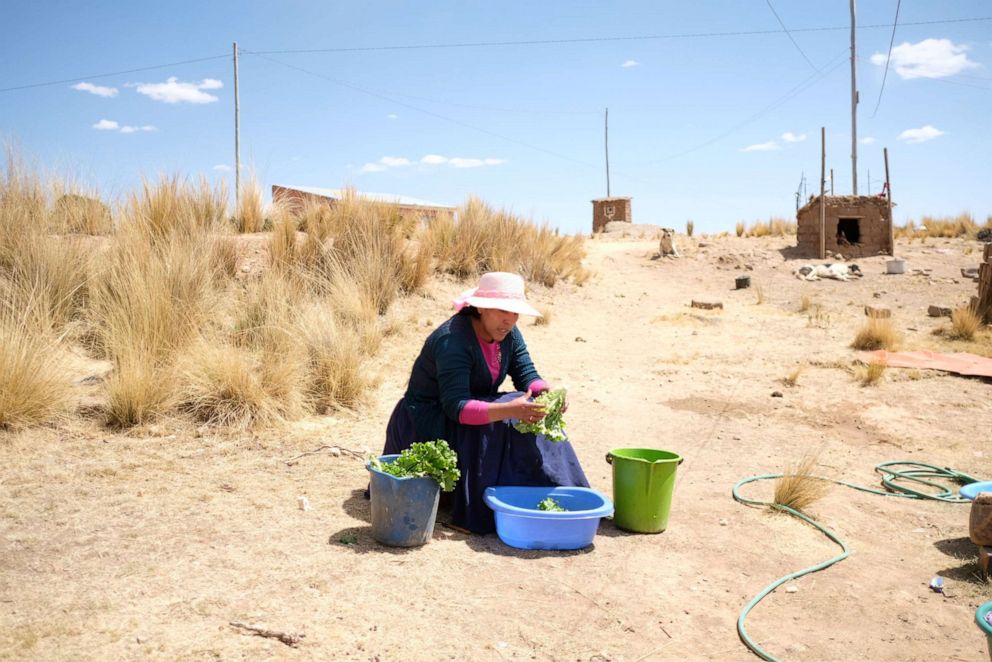
"People here are like that, always working, gathering, saving, this is the spirit we have," said Segales, wearing a smartly tailored brown jacket and on-and-off his phone on business calls.
"This government hits our growth with very unequal tax policies," said Segales, who though disillusioned by the government said it had started well when Morales first came to power.
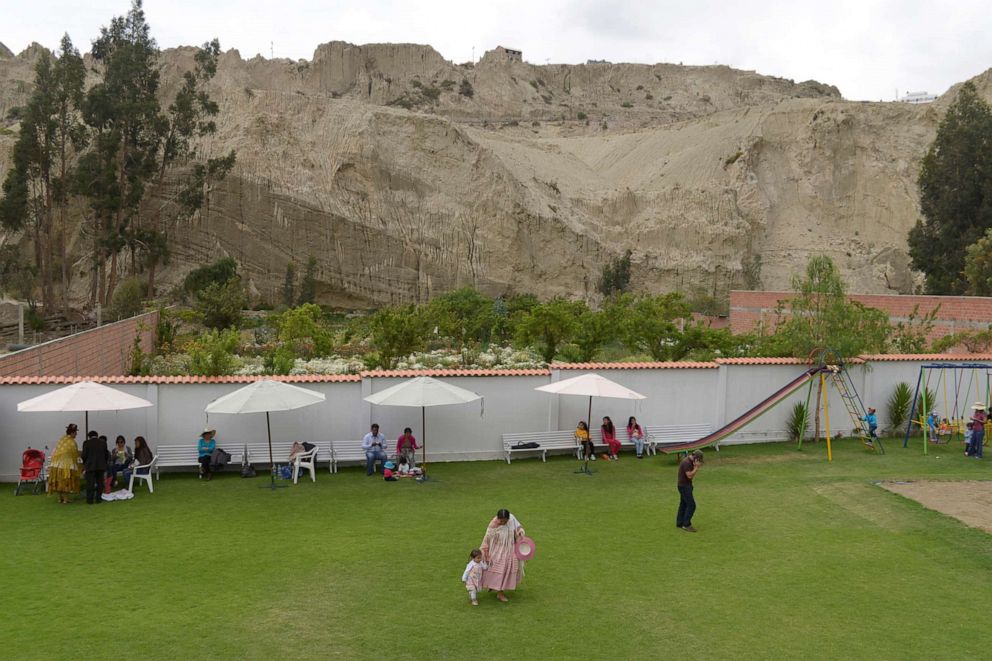
"How can they say they rule for the poor but spend millions on luxury? When they came to power in the first elections they did good things but I see now it was only to get our sympathy," he said.
"This government is not for all people or for the poor as they say, but only really for the people who support it."
